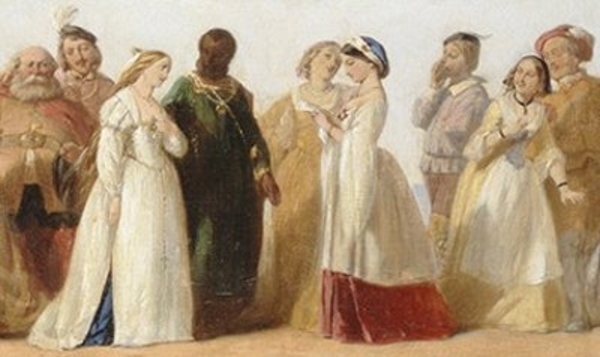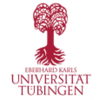Price:
1631 EUR
Contact
Harvard University
Description
Join us for an exploration of Shakespeare’s Outsiders: the disturbing and uncanny “others” whose presence at the margins of society is both celebrated and contested. From lectures filmed on-location in Venice, London, and Stratford-upon-Avon to conversations with artists, academics, and librarians at Harvard, you will have unprecedented access to a range of resources for unlocking Shakespeare's classic plays. You will also be invited to share your own theatrical interpretations and to consider how the meaning of a work of art changes depending on the time, context, and culture.
In William Shakespeare’s Hamlet, the ghost of the dead King of Denmark appears to his son, setting off a chain of events that culminates in the play’s notoriously bloody finale. But how would this mysterious figure have been understood in Shakespeare’s world? You’ll learn the narrative sources of Hamlet, the religious convictions that shaped how people in Renaissance England understood the afterlife, and the ways that Shakespeare’s Ghost would have thrilled and challenged its original audience.
In William Shakespeare’s The Merchant of Venice, the Jewish moneylender Shylock proposes a “merry sport” to the merchant Antonio: he will lend Antonio the money he needs if Antonio agrees to let Shylock take a pound of his flesh should he default. But what does Shylock want from the bond, and how merry does the play ultimately prove? In this section, you’ll be introduced to Jewish history in Venice and in England, to the ways in which Shakespeare’s own audience might have responded to the play and its genre, and to the history of the play’s production through the twenty-first century.
In William Shakespeare’s Othello, the Venetian general Othello represents himself to Desdemona and to the Venetian Senate through fantastic tales. Othello’s stories — about himself, to himself, and to others — sets in motion a tragic romance. You’ll learn the ways in which Shakespeare's characters tell stories within the play; how actors, directors, composers, and other artists tell stories through Othello in performance; and how the play grapples with larger issues including power, identity, and the boundary between fact and fiction.
Specific details
Category of Education
Arts and Humanities







 How to resolve AdBlock issue?
How to resolve AdBlock issue? 


Comments (0)